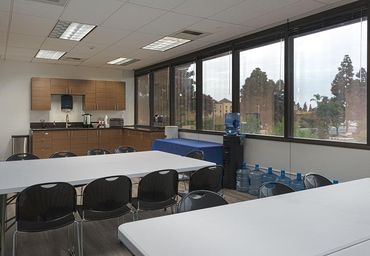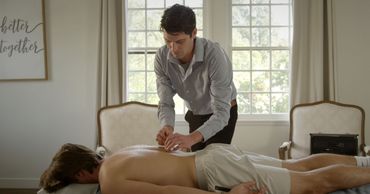
Drug & Alcohol Rehab Centers near Ontario, CA
If you’re looking to help yourself or someone you love struggling with substance abuse issues in Ontario, CA, Rehabs.com presents vast online database of luxury facilities, as well as a wealth of other alternatives. We can assist you in discovering substance abuse care centers for a variety of addictions. Search for a top rehabilitation program in Ontario now, and get rolling on the path to sobriety.
Treatment Centers near Ontario, CA

All Treatment Centers near Ontario, CA
Are You Covered For Treatment?
- Los Angeles Rehabs
- San Diego Rehabs
- Malibu Rehabs
- Costa Mesa Rehabs
- Long Beach Rehabs
- Sacramento Rehabs
- San Francisco Rehabs
- Fresno Rehabs
- San Juan Capistrano Rehabs
- Huntington Beach Rehabs
Information About Rehab in Ontario
Latest Reviews
Latest Reviews of Rehabs in California
Bliss Recovery
CONSULT A LICENSED BTC / ETH RECOVERY EXPERT -SPEED ETHICAL RECOVERY HACKER I am really grateful to SPEED ETHICAL RECOVERY for their amazing efforts in assisting me in getting my $150,000 USDT back. When I discovered that my money had been stolen, I
Ambrosia Treatment Center
I received excellent treatment at this facility The staff and the clinical team are amazing. I was here for 30 days. The facility is beautiful. Busy days and nights. The food is also great. Very healthy and gourmet. I would recommend this facility highly if you are seeking treatment for any kind of addiction. It has helped me more than any other facility I have been to. Great staff, clinical team and wonderful nurses. Happy to be leaving but will miss this place.
Cliffside Malibu
Addiction affects every person in some way, and my brother\'s addiction was no different. I had been helping my brother with his addiction for years when finally we decided that Cliffside looked promising. The first time we went to Cliffside, we were both immediately blown away by the views, the amenities, and the cheerful staff. After about a month of adjustment to his new situation, my brother began making massive strides not only in kicking his addiction, but also addressing personal issues that had negatively impacted his overall happiness. When visiting, I could instantly tell he was on an upward trajectory, and I had Cliffside to thank for that. I have waited to write this review until after he has checked out for a while in order to better see how the treatments and experiences last with my brother over time. Since checking out of Cliffside, my brother is constantly smiling and a totally different person almost. He is looking at the positives in life more and more, and generally a lot more fun to be around. This is how I know we made the right decision with Cliffside.
More Info
Ontario is a large, economically thriving city, and like many other communities in Southern California, Ontario is affected by drug-related crimes and gang violence. Community events like Ontario's National Night Out heighten public awareness of the impact of drugs on individuals and families. Adolescents and adults who've experienced the effects of gang warfare or drug trafficking may have difficulty resolving these traumatic memories.
The University of Maryland Medical Center notes that in most cases, symptoms of PTSD begin within 90 days of the traumatic incident. But sometimes PTSD doesn't manifest itself until much later. Often the victim of the crime self-medicates with drugs or alcohol to suppress the flashbacks and memories, until an attempt at recovery brings them back in full. That's why it's so important to find an Ontario addiction treatment program that can help you resolve PTSD issues with strategies like individual psychotherapy, antidepressants or anti-anxiety medications, group therapy and behavioral modification.
*What Are the Symptoms of PTSD?
The signs and symptoms of PTSD may manifest themselves within months after an act of abuse or violence, or may lie in wait for years:
- Obsessive thoughts about the event
- Recurrent nightmares about the incident
- Feelings of emotional numbness or detachment
- A sense of guilt and responsibility for the event
- Intense physical reactions to being startled
- Chronic anger and irritability
Finding effective dual diagnosis Ontario treatment centers isn't always easy, especially when you're not aware that you have a co-existing diagnosis in the first place. If you've just sought help for alcoholism or drug addiction, you may be surprised to find out that you've also been suffering from PTSD. We can answer your questions about the relationship between PTSD and addiction and guide you toward treatment facilities that specialize in healing trauma from the past and substance abuse in the present.













































































